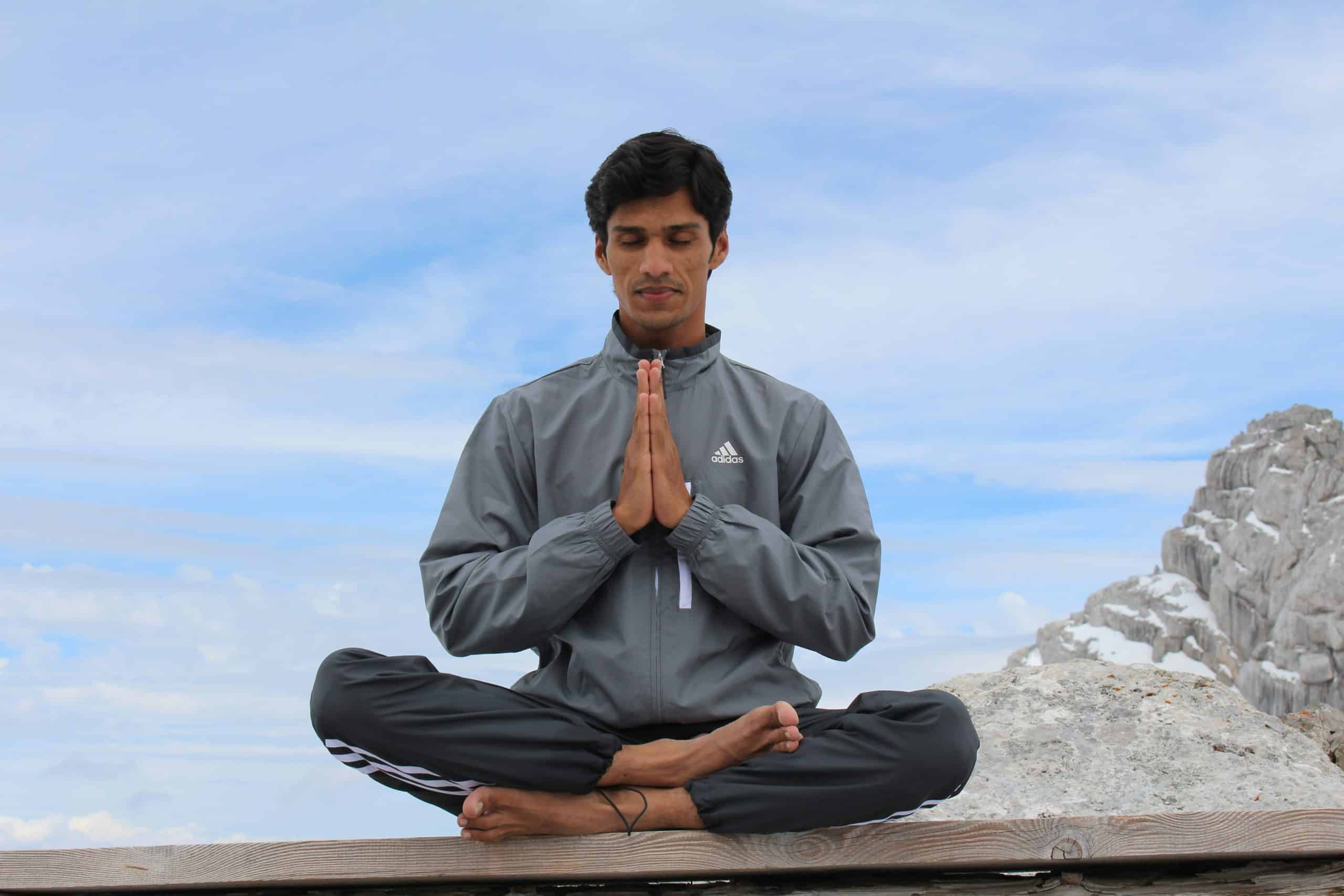How do athletes use meditation and mindfulness practices to enhance their performance?

Whether we’re talking about the Super Bowl, the Olympics, or an inter-school sports meet, there’s something electrifying about athletes in action. The power, precision, and control they exhibit are awe-inspiring. But have you ever wondered about the mental training that goes into honing these skills? It’s not just about physical prowess. There’s a whole other dimension to athletic performance – the mind.
In recent years, athletes around the world have been turning to mindfulness and meditation practices to boost their performance and gain an edge over their competition. This isn’t some quick fix or magic trick. It’s about understanding the connection between the mind and body, and using it to their advantage.
A voir aussi : What are the environmental benefits of sustainable sports facility designs?
Enhancing Performance with Mindfulness
Mindfulness, a form of meditation, encourages individuals to focus on their present situation and accept it without judgment. Google Scholar and PubMed have numerous studies that show how mindfulness can help athletes focus better, reduce stress, and enhance their performance.
Athletes often deal with high-pressure situations. A slight loss of focus can cost them their game. Mindfulness training helps athletes stay in the moment, keeping their mind from wandering and maintaining their focus on the task at hand. It’s like having a spotlight in a dark room. With mindfulness, athletes learn to direct their mind’s spotlight to the most critical aspects of their performance without getting distracted by external or internal factors.
Avez-vous vu cela : How do sports teams address the challenges of jet lag and travel fatigue during international competitions?
Meditation and mindfulness are not just about staying focused. These practices can also help athletes manage stress and anxiety. Crossref, a significant research platform, has several studies linking mindfulness and stress reduction in athletes. By training their mind to accept situations without judgment, athletes can maintain their calm even in high-pressure situations, leading to better performance.
Mindfulness Practice in Training
When we talk about training in sports, we often think about physical exercises – running, lifting weights, practicing skills. But mental training is just as crucial. Athletes have been increasingly incorporating mindfulness practices into their regular training routines.
Google Scholar has multiple studies showing that athletes who practice mindfulness report better focus during training, leading to more effective sessions. By being completely in the moment, they can fully engage in the practice, making the most out of every training session.
Mindfulness also helps athletes get better control over their mind-body connection. As they become more aware of their thoughts and feelings, they can better understand their body’s responses and adjust their actions accordingly. This improved mind-body connection can lead to better control and precision in their sport.
The Role of Flow in Athletic Performance
Flow, often referred to as being ‘in the zone,’ is a mental state where one is completely absorbed in the activity they’re engaged in, leading to heightened performance and productivity. Athletes strive to achieve this state as it can significantly enhance their performance.
Mindfulness can help athletes achieve and maintain this flow state. By training their mind to focus on the present, athletes can get into the zone more quickly and stay there for longer periods. PubMed has numerous studies suggesting a positive correlation between mindfulness practice and the ability to achieve a flow state.
Mindfulness in High-Performance Athletes
Many high-performance athletes have openly talked about the role of mindfulness in their success. They’ve shared how the practice has helped them stay focused, manage stress, and perform better.
Google Scholar has several studies and testimonials from high-performance athletes who’ve benefited from mindfulness. These athletes have reported better focus during their games, less anxiety, and an overall improvement in their performance.
Mindfulness and meditation have indeed become important tools in the arsenal of high-performance athletes. By training their minds to stay in the moment, they’ve been able to improve their focus, manage stress, and enhance their performance.
Remember, mindfulness isn’t just about athletes or sports. It’s a practice that can benefit us all. So why not give it a try? You might be surprised by what you can achieve when your mind is in the right place.
Mindfulness and Mental Health in Athletes
Mental health is crucial for anyone, athletes included. As per several articles on PubMed, it’s been proven that mindfulness helps in managing stress and anxiety, thus improving mental health substantially. It’s very common for athletes to face immense pressure, and this could lead to mental health issues if not addressed properly. This is where mindfulness training steps in as an essential tool.
Mindfulness-based stress reduction (MBSR) is a program that incorporates mindfulness to assist people with pain and a range of conditions and life issues that were initially difficult to handle. Sports performance is heavily influenced by an athlete’s mental state, and MBSR can help manage this effectively. A control group study published by PubMed shows that athletes practicing MBSR showed significant improvement in their mental health and overall performance compared to those who didn’t.
Moreover, mindfulness allows athletes to develop a better understanding of their mental state, enabling them to detect early signs of stress and anxiety. By being more aware of their mental health, athletes can take the necessary steps to ensure they’re in the right frame of mind to deliver their best performance.
Conclusion: The Mindfulness Edge in Sports
To conclude, meditation and mindfulness have had a significant impact on sports performance. Elite athletes from various sports have adopted these practices and reported marked improvements in their focus, control, and overall performance, as supported by several studies on Google Scholar and Crossref.
The ability to stay focused and remain calm under pressure can often be the determining factor between winning and losing in sports. By practicing mindfulness, athletes can gain that critical edge over their competitors who focus only on physical training.
A PMC free article discusses how mindfulness-based interventions can significantly improve athletic performance. Moreover, a study in DOI PMC and DOI Crossref indicates that athletes practicing mindfulness have a greater ability to enter the ‘flow state,’ thereby enhancing their performance.
To wrap up, mindfulness and meditation are no longer just spiritual practices – they’re mental training tools that have proven their worth on the sports field. Whether you’re an athlete trying to improve your game or just someone looking to better manage stress and improve focus, the benefits of mindfulness are clear. As a parting note, remember that the mind and body are intimately connected, and training the mind can lead to notable improvements in physical performance. After all, a healthy mind leads to a healthy body.
